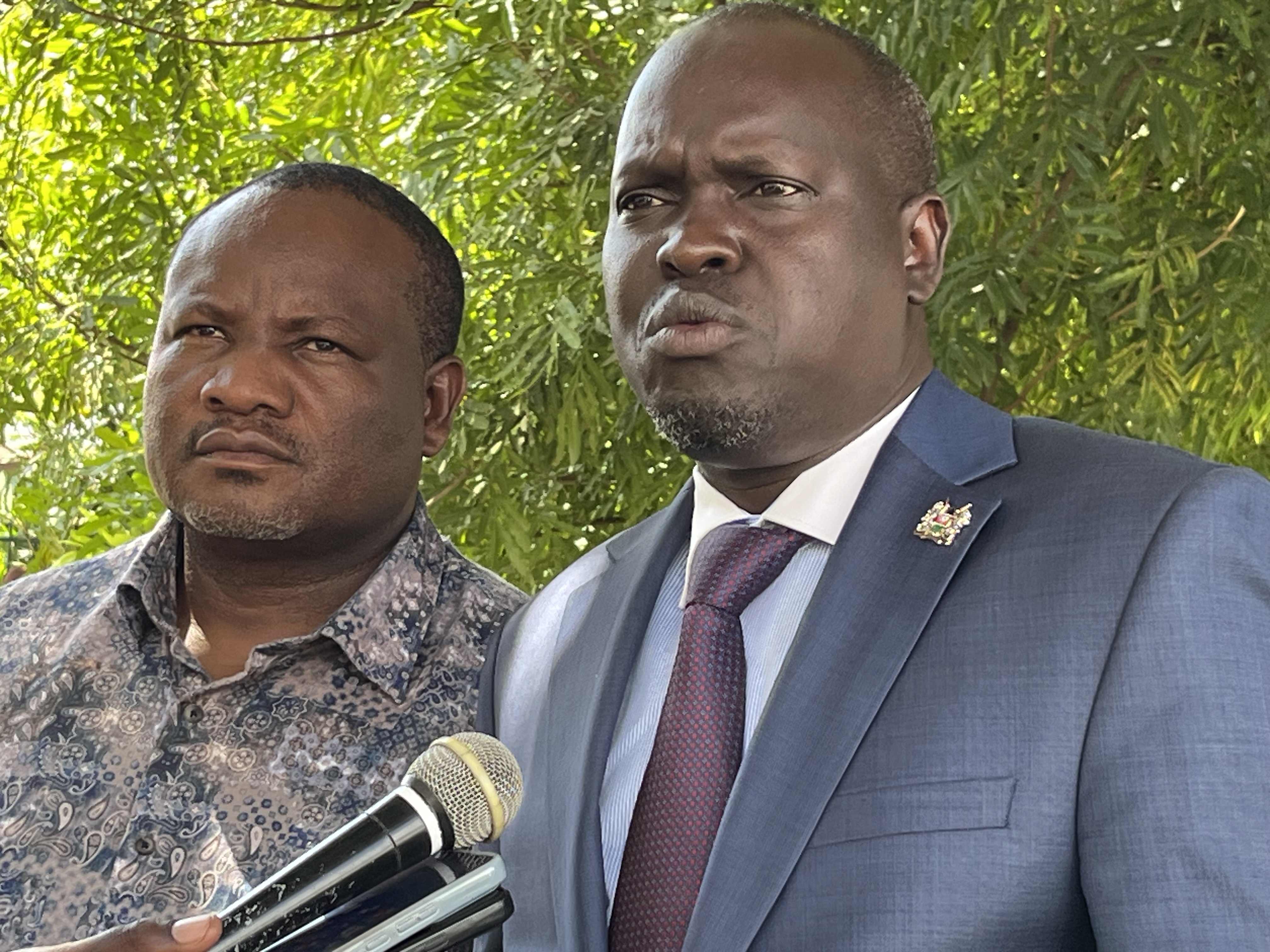
The Public Benefits Organisations Regulatory Authority has embarked on the collection of views that will lead to the operationalisation of the PBOs Act of 2013.
CEO of the authority, Laxamana Kiptoo, said they are mandated to handle registration and regulation of the NGOs sector and will go round the counties to collect the views until July 25.
“The act goes a long way to streamline the PBOs sector and make it better in terms of serving Kenyans in a more transparent and accountable manner,” Kiptoo said.
Public participation exercises to collect the views on the regulations required for the operationalisation of the PBO Act of 2013 have already been carried out, he said.
Kiptoo spoke in Eldoret during a public participation exercise for counties in the North Rift.
So far, members of the public have given views seeking to get quick services, like on the registration of the PBOs.
The Act requires registration of PBOs within 60 days and not 90 days as was previously the case.
It also streamlines filing of returns with KRA for the PBOs, which will now be within six months after the end of the financial year, unlike three months stipulated before.
“The members of the public also want accountability from the NGOs because they receive money from donors but the same does not reflect in what they do,” he said.
The regulations will also provide proper mechanisms to control tax amnesty for NGOs carrying out humanitarian work.
He also noted that some PBOs operate without the knowledge of the counties.
“Some of the PBO sign MoUs with counties to get funds and disappear after receiving the donor support yet the entry point must be the same counties to avoid duplication of projects or activities,” the CEO said.
Mwamba Mabonga, chairman of the authority, said the new regulations will help to deal with shell organisations which engage in sinister activities.
“Once the new laws come in, briefcase [NGOs] will just cease to exist and we will know how many NGOs we have and where they are located,” Mabonga said.
The new laws would be strict on tax exemptions, which had been previously misused by some of the civil society groups.
Mabonga said the operationalisation of the new laws was as a result of the political goodwill from the government, especially from President William Ruto.
“These laws were in place during the two previous regimes but when President Ruto took over, he committed himself to have this act work and that is why we are here, as per his directive.”
The entire process of operationalising the news laws would be completed within one year.
Mabonga said the NGOs sector, with the interest of ensuring it operates smoothly, put the new Act in place.









![[PHOTOS] Boniface Kariuki honoured with flag-draped coffin](/_next/image?url=https%3A%2F%2Fcdn.radioafrica.digital%2Fimage%2F2025%2F07%2Fc7df13cc-0b58-4ec7-b6a4-7e32e1d9ec63.jpg&w=3840&q=100)
